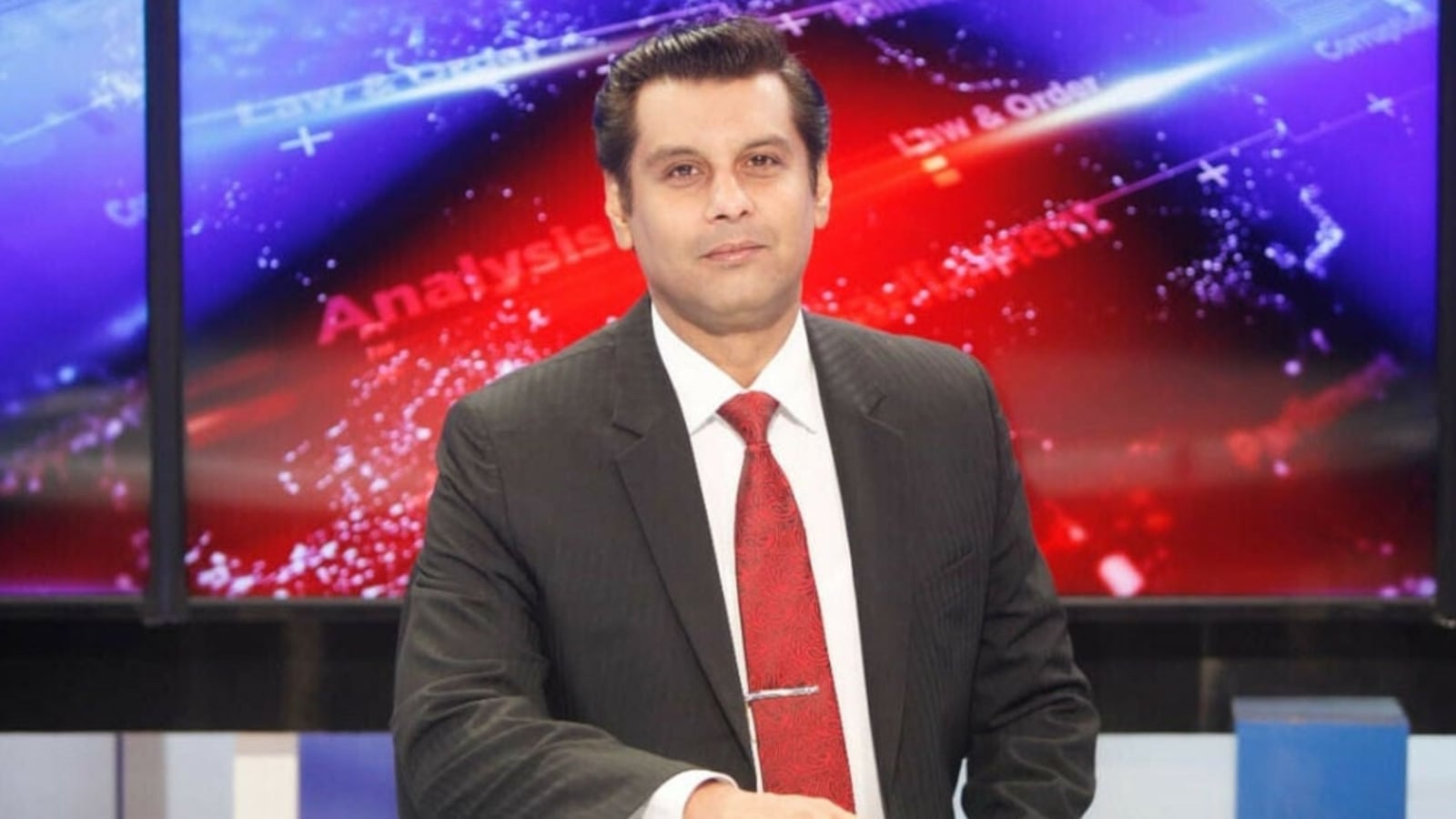Authorities in Kenya are investigating the mysterious police shooting of a controversial Pakistani journalist.
Kenyan police say Arshad Sharif, 50, died when his car came under fire at a roadblock in Kajiado, near Nairobi on Sunday night. Police say his brother, who was driving the car, blasted through the roadblock and that Sharif was shot in a case of “mistaken identity.” Supporters of the journalist, who left Pakistan in May after being charged with sedition after exposing alleged government corruption, believe he was targeted.
Media reports suggest the car was hit by nine bullets, including one that struck Sharif in the back of the head and exited through the front.
Local police say they were being extra vigilant because of reports of a child kidnapping by someone driving a car with KDJ license plates. The car Sharif and his brother were in had KDG plates, according to local press reports. But several journalists, including investigative journalist Brian Obuya, say that Sharif’s body was actually found several miles from where the police claim they errantly shot at the car.
Sharif left Pakistan after interviewing a fellow journalist about what they perceived to be government corruption in the ouster of Prime Minister Imran Khan in April. Sharif had reported that the incoming government had worked to undermine democracy in the regime change. The news outlet Dawn reported that Sharif had been charged with “disrespecting state institutions” and “attempting to spread hate in the army.” Sharif left for Kenya shortly after charges were filed.
Sharif’s wife, Javeria Siddique, who is also a journalist, confirmed the killing on Twitter. “I lost friend, husband and my favorite journalist @arsched today, as per police he was shot in Kenya,” she tweeted.
Khan tweeted his concern for transparency. “A proper judicial investigation must be instituted to examine his own statements plus evidence that other sources have,” the former prime minister tweeted Monday. “We have descended into a state of brutality, unknown in civilised society, indulged in by the powerful against those who dare to criticise & expose wrongdoings.”
A number of international organizations, including Reporters Without Borders, have responded with skepticism to reports the shooting was accidental. “Any journalist who crosses the red lines dictated by Inter-Services Public Relations (ISPR)—an intelligence agency offshoot—is liable to be the target of in-depth surveillance that could lead to abduction and detention for varying lengths of time in the state's prisons or less official jails,” the group said recently.
A petition set up by Sharif’s lawyer has called for an international inquiry into the shooting. “The judicial commission may also be directed to liaison with national agencies and the Kenyan agencies and probe into the heinous act which had led to the unwarranted cold-blooded murder of Arshad Sharif,” the petition stated, according to Dawn.






